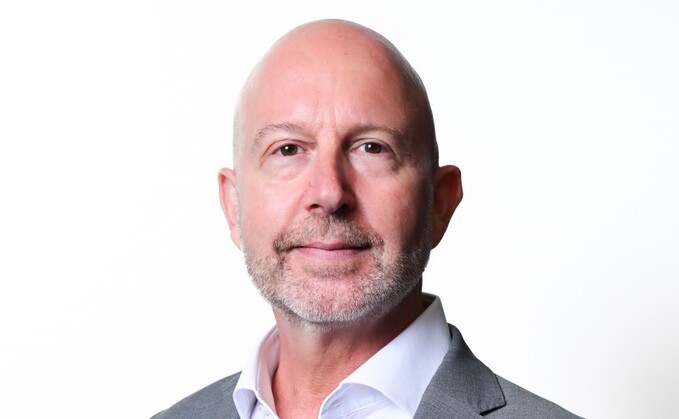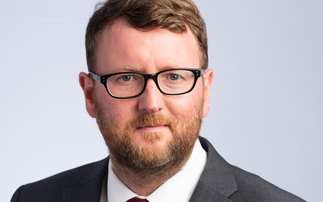
Nigel Aston: In a fund made up of unlisted securities you pay twice... There is double counting.
“Double counting” and a lack of consistency in how defined contribution (DC) providers disclose fees for unlisted assets is risking “opacity and confusion” in the market, Aon says.
The consultancy and master trust provider said challenges had arisen due to the fact that private assets are "fundamentally different" to publicly traded securities in terms of how fees are levied and what those fees cover – noting there was an "imbalance" between these two approaches.
Aon explained the annual management charge (AMC) for passive equity strategies was typically low – reflecting the costs incurred by the underlying manager for allocating to each stock as well as for trading activity, and ongoing stewardship. But it said the resultant AMC ignores the costs of actually running the underlying companies – outlays it said which would form part of each firm's operating costs and be implicit within each company's share price.
In comparison, when investing in private assets, Aon said the AMC not only included the costs of selecting each asset, trading activity and due diligence, but it also includes some of the costs of running the underlying companies on an ongoing basis.
It said this much more hands-on approach would be expected to lead to higher returns but also result in a much higher resultant level of charge overall.
The consultancy noted this led to a degree of "double counting" when it came to the fees associated with private market investments.
Aon market development lead Nigel Aston said: "In a fund consisting of liquid assets, you pay for the inherent costs of running the underlying investee companies once – through the movement of the share price and therefore in the performance of the funds that aggregate those companies' success or failure.
"In a fund made up of unlisted securities you pay twice – once in the higher fees associated with private market investments, but also in the performance. There is double counting."
Aston added: "Currently, we believe there is little consistency in how providers disclose fees for unlisted assets. If this continues, it may lead to opacity and confusion in the market. As a result of that, we may see a loss of faith in the expanded investment universe beginning to open up for DC plans."
The impact
Aston said there would be three main effects should this situation continue.
First, in a market that is still stubbornly price-driven, Aston said clients may select providers where the additional cost of private assets is lower. He said this could mean providers may choose to populate their private asset investment structures with "cheap and cheerful" assets, which "may underperform".
In addition, he said providers may feel they need to find "overly complex" ways of creating headroom in their overall default portfolios to allow for the increased AMC associated with illiquids – noting that not only was Aon already seeing this, but it was also observing the appearance of unusual pricing structures for private assets themselves, for example charging an up-front fee to the provider which falls outside of normal fee disclosures. Aston said this increased complexity may be confusing and therefore unhelpful.
Aston said that, ultimately, confidence in the potentially superior risk/return signature of private assets could fall.
A solution
Aon said it had engaged with a range of organisations to try and address the issue – including Pensions UK and the British Private Equity & Venture Capital Association (BVCA) as well as other providers, managers on the supply side, and consultants and evaluators. It said it had also initiated, via the Pensions Policy Institute, a dialogue with the Department for Work and Pensions (DWP) on the issue.
Aston said the industry, regulators, and government bodies involved in this initiative all need to consider whether changes to the disclosure and charge cap regime might be required to support this journey.
He added the issue was now "quite widely understood" among those involved and a consensus was building to create a viable solution.
Aston said: "Our outline suggestion is that full disclosure is required, but that this does not necessarily mean a significant hike in headline charges, noting the pass-through nature of many of the costs associated with private assets. Otherwise, we risk an ongoing fog that will be counter-productive to everyone's best interests."
He concluded: "If a sensible, transparent, and level playing field can be achieved across providers, we hope that it would also be supportive to the government's plan for UK growth, for clients and, most importantly, for members themselves."
The comments come after 17 pension providers signed the Mansion House Accord in May – committing to allocate 10% of default strategies to private assets by 2030, with 5% of those default strategies to be invested in UK private assets.









